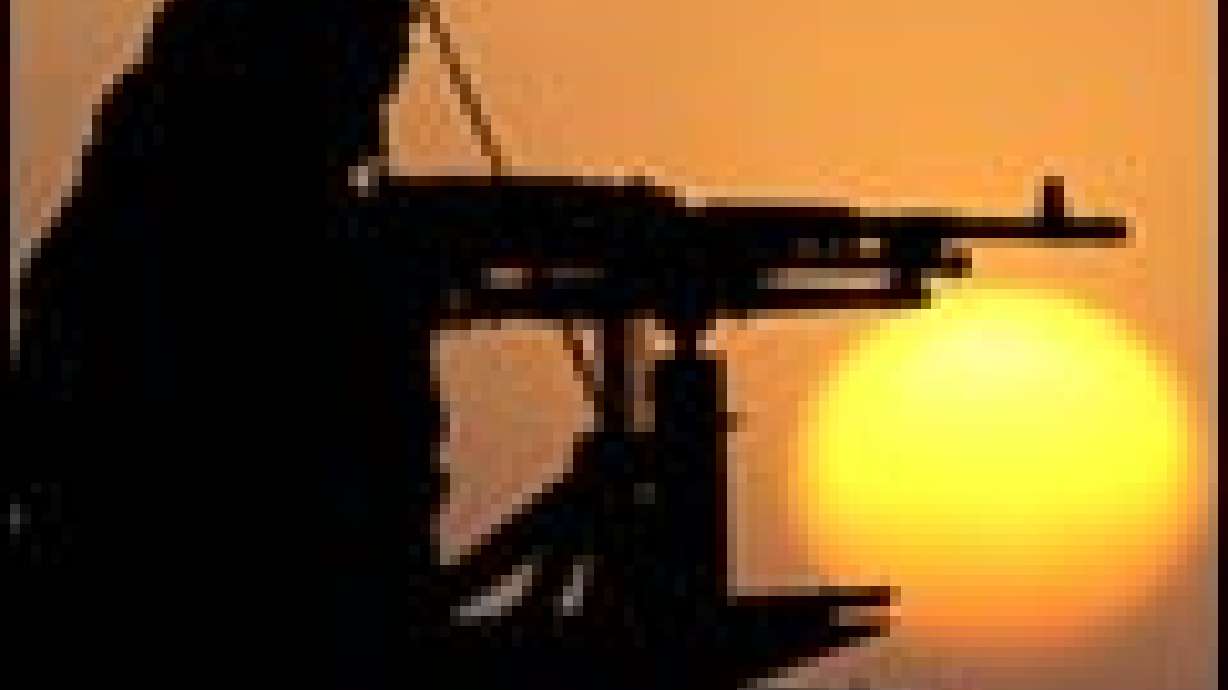Estimated read time: 2-3 minutes
This archived news story is available only for your personal, non-commercial use. Information in the story may be outdated or superseded by additional information. Reading or replaying the story in its archived form does not constitute a republication of the story.
DOHA, Qatar (AP) -- Engineers were racing Monday to repair oil leaks that have stymied efforts to restart a key oil refinery in southern Iraq, where supplies of finished products such as gasoline are running short.
Amid pomp and ceremony, the oil flow to the Basra refinery was restarted last Wednesday for the first time since the war began March 20. But several line leaks, some of which caught fire, have since forced oil officials to suspend the stream.
"Multiple lines have caught on fire all over the place," said an oil engineer familiar with the repair work in southern Iraq. "Because the urgency of getting the oil in there is real, we're moving as fast as we can."
Over the weekend, U.S. reconstruction officials said supplies of gasoline, fuel oil and lubricants were running short around Basra, Iraq's second-largest city. They said Iraq may need to import refined petroleum products from other oil-rich nations in the Persian Gulf region if the refinery sits idle too long.
The damaged lines were underground and not noticed during initial inspections, the engineer said. Some of the damage was apparently caused by military action during the war and some from a buildup of pressure when the oil system was hastily shut down by Iraqis.
Restarting the oil industry is key to the U.S. plans for rebuilding Iraq. The refinery problems won't affect exports of crude oil, which will be sold to help pay for reconstruction, but refined fuels are crucial for the domestic economy.
"The export system is a matter of keeping a series of pumping stations in order. The domestic system is much more elaborate," said Leo P. Drollas, deputy executive director of the Center for Global Energy Studies in London.
Restarting exports is as a political problem as a technical one, he said.
The U.S.-led interim administration in Iraq wants to resume exports as soon as possible. But those sales are hindered by the power vacuum in Baghdad and U.N. sanctions imposed on overseas sales after Iraq's 1990 invasion of Kuwait.
About 8.3 million barrels of Iraqi crude are sitting in tanks, ready for sale, at Turkey's Mediterranean port of Ceyhan, terminus of a pipeline from northern Iraq.
The northern oil fields around Kirkuk can produce 900,000 barrels a day. They have resumed pumping, but are producing only a trickle -- about 60,000 barrels a day. More oil is not being pumped, in part, because storage facilities are full.
U.S. officials hope to have Iraq's southern Rumeila oil fields, the country's largest, producing up to 1.1 million barrels a day within six weeks to four months, in line with its maximum capacity.
(Copyright 2003 by The Associated Press. All Rights Reserved.)









